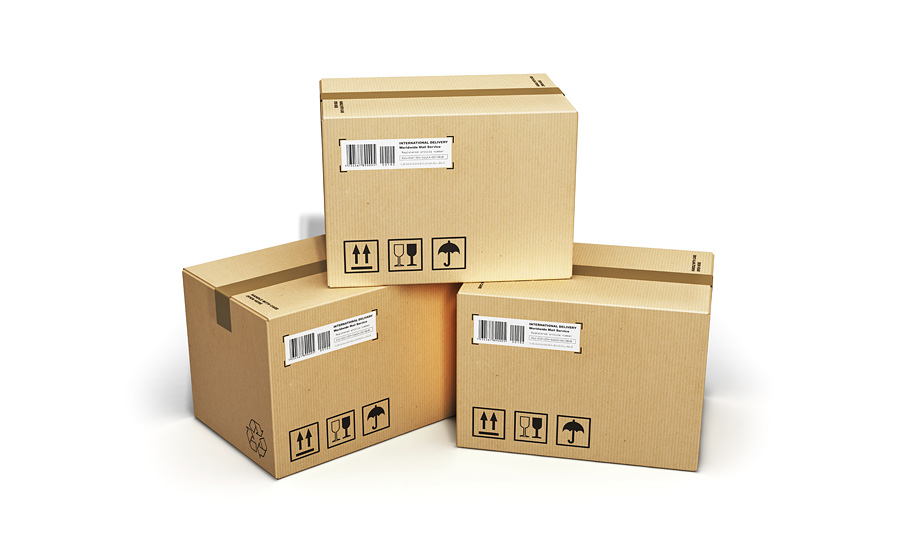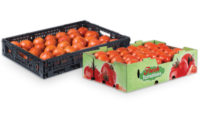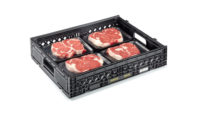Test verifies cleanliness of corrugated shipping containers
No organisms were detected on 40 of the 48 tested containers.

An independent study conducted by the Fibre Box Association (FBA), Itasca, Ill., and its member companies confirmed that corrugated containers used to transport fresh produce are safe and clean.
For the latest assessment, containers manufactured by an FBA member company were collected and sampled at an industrial site in Tennessee. Sampling and laboratory analysis were performed by Primus Laboratories, Santa Maria, Calif., using a protocol based on prior sampling and testing protocols developed by Dr. Trevor Suslow, vice president of food safety at the Produce Marketing Association, Newark, Del.
The study selected a total of 48 containers for evaluation from the top, middle and bottom of eight different pallets, and two sponge samples, one of the interior bottom and one of the interior sides and hinges, for a total of 96 samples. Each sample was assessed for the presence of thermotolerant coliforms and Enterobacteriaceae—organisms that are often used as indicator organisms for the presence of E.coli and Salmonella spp., respectively.
The microbial levels on the interior surfaces of the containers were determined and assessed against the acceptable limits). All corrugated containers sampled in this 2018 annual survey showed that the levels of Enterobacteriaceae and thermotolerant coliforms were well within acceptable limits. In fact, no organisms were detected on 40 of the 48 tested containers.
Corrugated containers are used, then recovered for recycling, which eliminates the potential for lingering contamination that can result from reusing a shipping container like returnable plastic containers. After they are used, more than 90% of corrugated containers are returned to the paper mill to be made into new boxes, where high temperatures effectively kill any remaining bacteria.
Looking for a reprint of this article?
From high-res PDFs to custom plaques, order your copy today!





